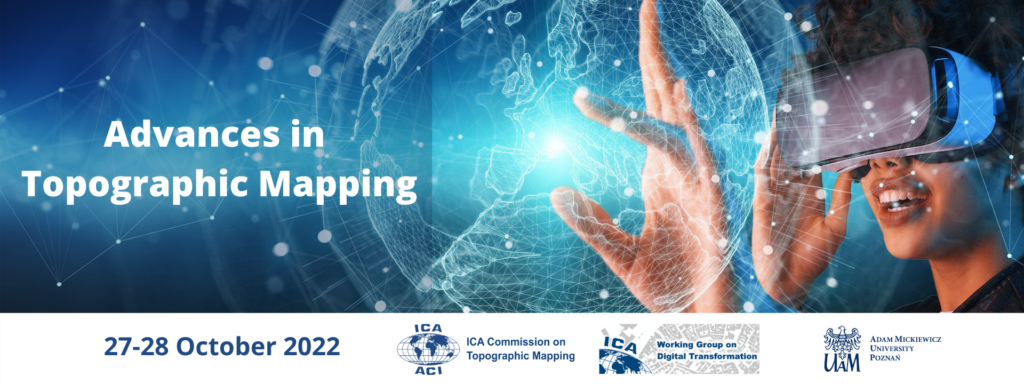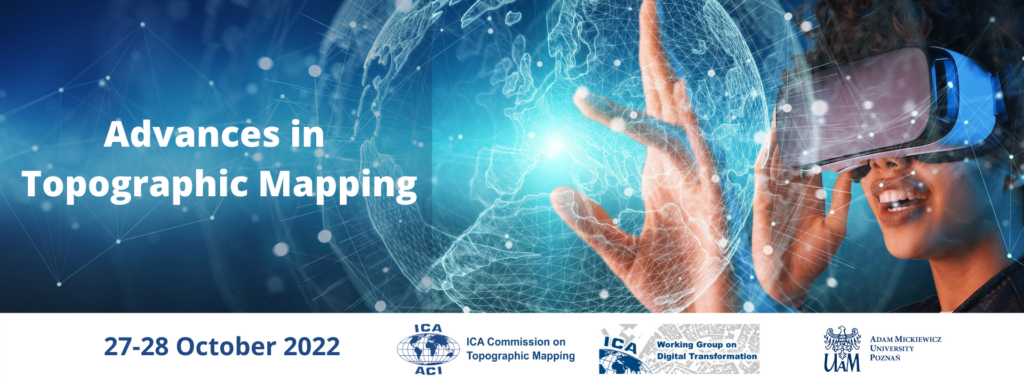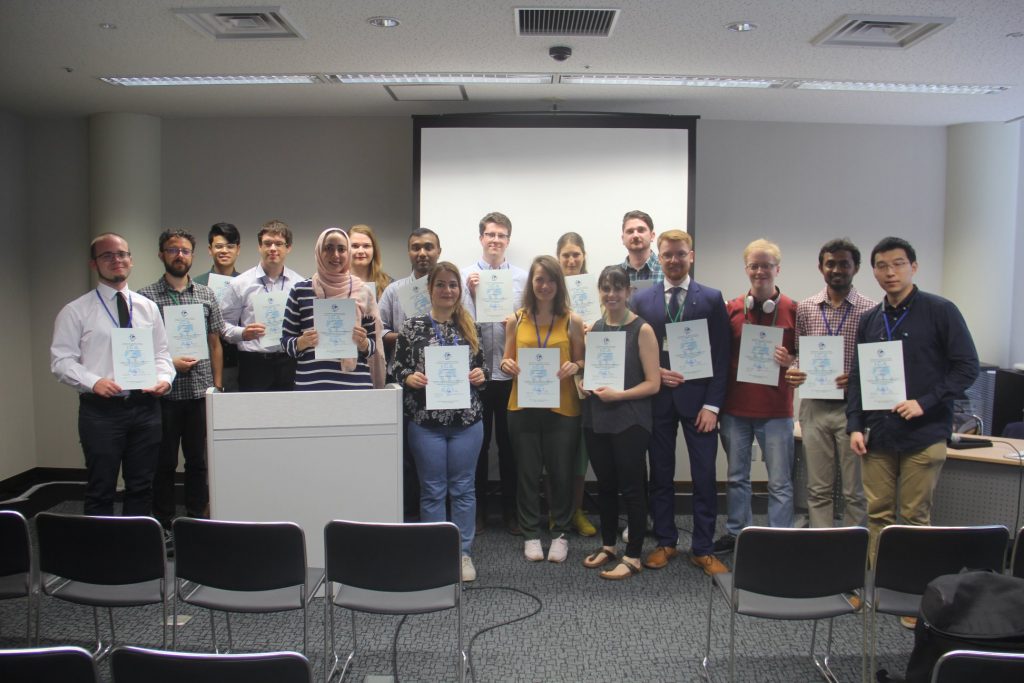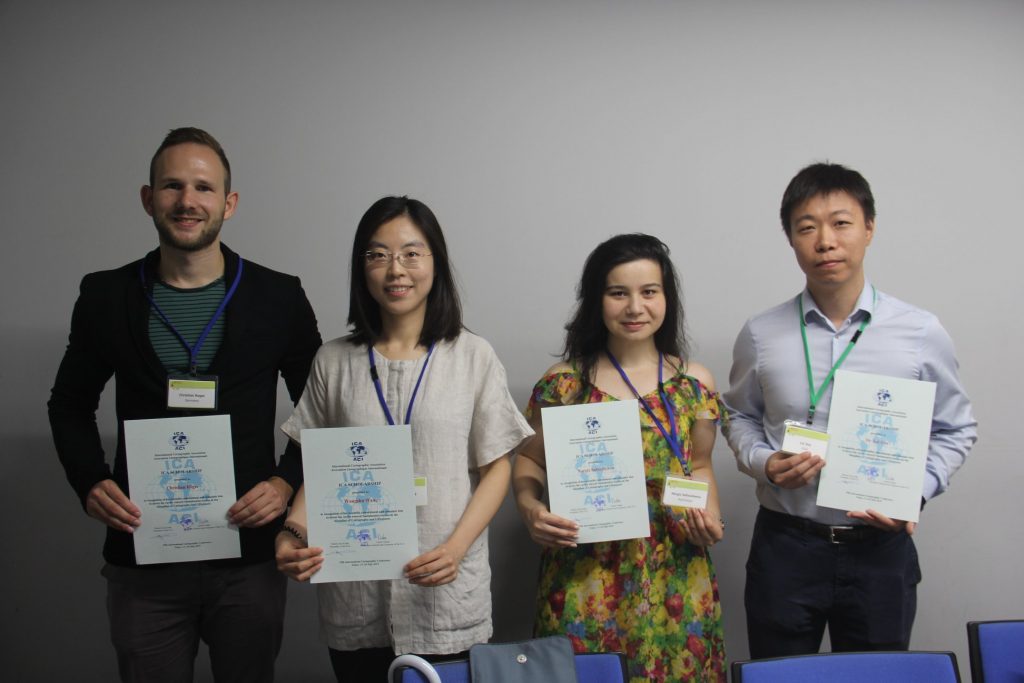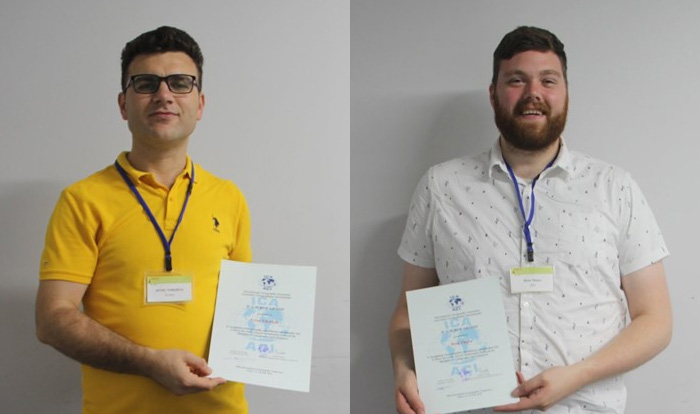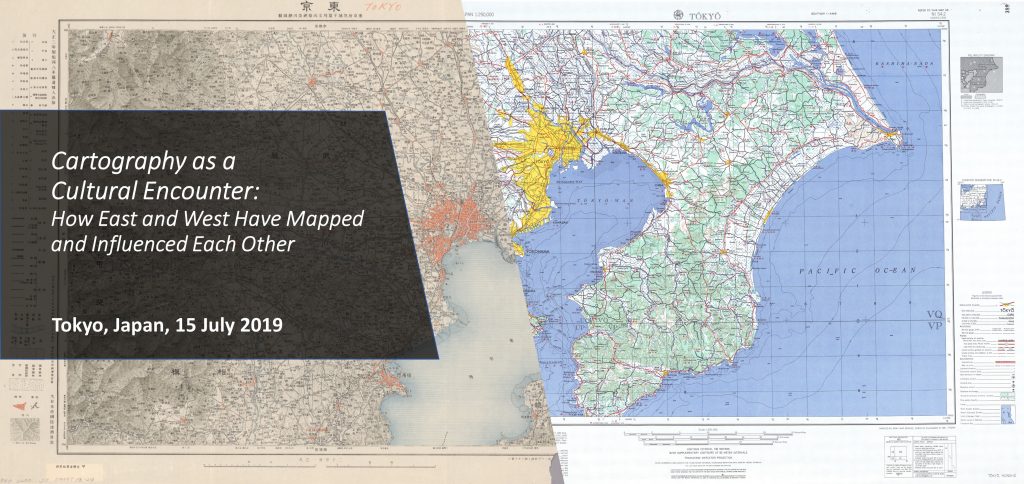The ongoing development of technologies and datasets present new challenges and opportunities for producers and users of topographic mapping. In particular, AI and machine learning present new methods for facilitating the design and production of topographic maps, while AR/VR offer new possibilities for users to engage with topographic data. This virtual conference aims to provide a forum for national mapping organisations and academic researchers to discuss the strategic implementation of these technologies and to explore their potential. This includes the use of open-source data for national mapping and the creation of new topographic products, such as immersive virtual geographic environments. The conference offers a forum for national mapping organisations and academic researchers to address key issues in the utilisation of new technologies and to explore opportunities for collaboration, particularly for establishing best practice and a relevant research agenda.
The conference is organised jointly by the ICA Commission on Topographic Mapping, the ICA Working Group on Digital Transformation of National Mapping Agencies and the Adam Mickiewicz University in Poznań.
Conference Topics
- Topographic Mapping and Immersive Virtual Environments (IVE)
- Utilising Open-Source Data in Topographic Mapping
- Developments in Topographic Map Production
- Enhancing User Experience of, and Trust in, Topographic Maps
Programme
The full programme has been published and can be accessed here.
Registration
Registration is open here. Deadline for registration is 21 October 2022.
For more information visit the conference website: https://topo.icaci.org/advances-in-topographic-mapping-2022/




